The Price of Perfection: Inside China’s Cosmetic Surgery Boom – One Woman’s 100 Procedures and a Growing Scam
‘I’ve had 100 operations and will never stop’ – inside China’s cosmetic surgery boom
4 hours agoShareSaveNatalia ZuoBBC EyeShareSave
Abby Wu, who’s had more than 100 procedures, is one of China’s first cosmetic surgery influencers. Her story offers a stark glimpse into the escalating pressures and potential dangers within this rapidly expanding industry.
Abby’s journey began at just 14 when she was told by her drama teacher that she was ‘too fat’ to continue starring in productions, urging her to either give up on acting or undergo rapid weight loss. Her mother intervened, securing liposuction to remove fat from Abby’s belly and legs. Remembering her mother’s words as she waited anxiously in the hospital gown – ‘Just be brave and walk in. You’ll become pretty once you’re out’ – Abby recalls the initial trauma of the surgery; she was given only partial anesthesia and remained conscious throughout, witnessing the extraction of significant amounts of fat and observing her own blood loss.
Now 35, Abby has undergone over 100 procedures, totaling an estimated half a million dollars. She co-owns a beauty clinic in central Beijing and has cultivated a significant online presence, documenting her transformations across platforms like TikTok and SoYoung. However, this seemingly glamorous lifestyle comes at a considerable physical cost. Regularly seen applying concealer to bruises from monthly face-slimming injections – designed to maintain a ‘firmer and less chubby’ appearance after three jaw reduction surgeries that removed too much bone – Abby reveals the increasingly difficult challenges she faces with repeated procedures. Her skin, stretched thin by years of alterations, struggles to accommodate further adjustments.
The rise in cosmetic surgery within China has been fueled by increasing disposable incomes, shifting social attitudes, and the pervasive influence of social media. An estimated 20 million Chinese individuals pay for cosmetic procedures annually, overwhelmingly targeting young women aged 25 on average. Historically, beauty standards have emphasized a blend of Western ideals with K-Pop and anime influences—double eyelids, sculpted jaws, prominent noses, and symmetrical faces. Lately, however, there’s been a disturbing trend towards more extreme alterations – Botox injections behind the ears to tilt the face forward, lower eyelid surgery inspired by anime characters for an innocent gaze, and upper lip shortening aimed at conveying youthfulness. Many of these procedures are heavily promoted on platforms like SoYoung and GengMei, which provide algorithm-driven facial analysis and recommend surgeries based on user scans.
The popularity of these apps has created a dangerous ecosystem. One alarming trend is the rise of ‘beauty job scams,’ where vulnerable young women are offered jobs – such as beauty consultants or live-streaming hosts – but only if they agree to undergo expensive cosmetic procedures, often financed through predatory loans. Da Lan’s story exemplifies this danger: she was lured with a job offer and subsequently pressured into undergoing double eyelid surgery at an unlicensed clinic, incurring significant debt and damaging her career. Investigations by BBC Eye have uncovered links between clinics involved in these scams and previously closed establishments, highlighting ongoing issues within the industry. Dr Yang Lu, a licensed plastic surgeon, reports a growing number of patients seeking repair surgeries due to botched procedures performed by unqualified practitioners – estimated at hundreds daily. Concerns remain about unregulated clinics operating without proper licenses and qualified surgeons, as evidenced by the case of actress Gao Liu, whose nose job resulted in permanent disfigurement after being performed by an unlicensed doctor.
Despite these risks, Abby remains committed to her pursuit of ‘becoming more beautiful,’ stating, ‘I don’t think I’ll ever stop my journey.’ Her story serves as a cautionary tale about the pressures and potential pitfalls within China’s cosmetic surgery landscape, particularly as the industry continues to expand and exploit vulnerable individuals.
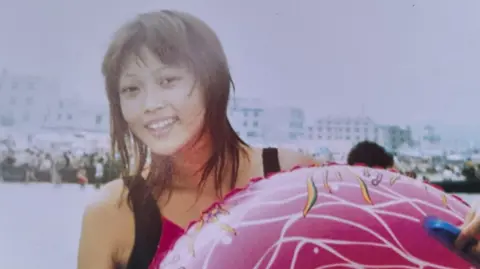
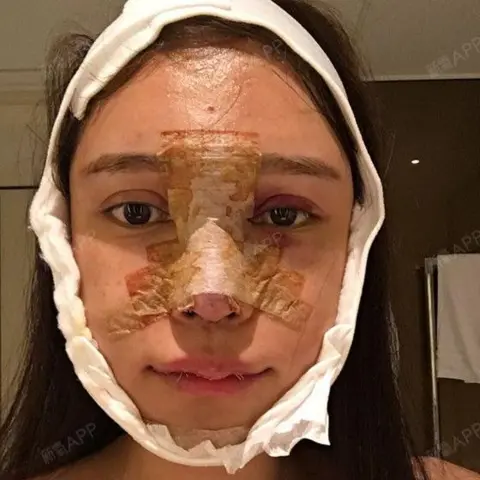
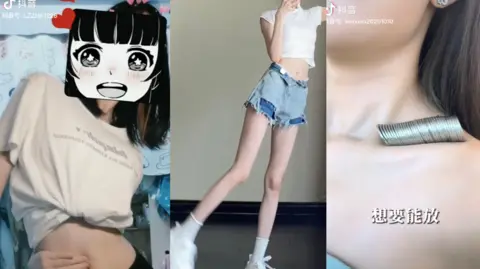
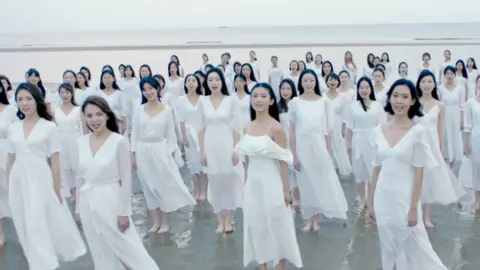
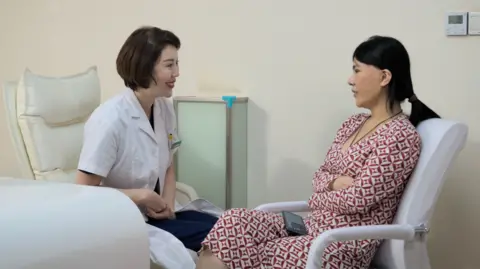
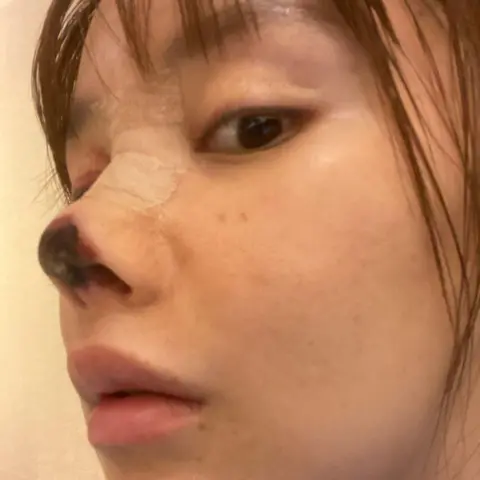
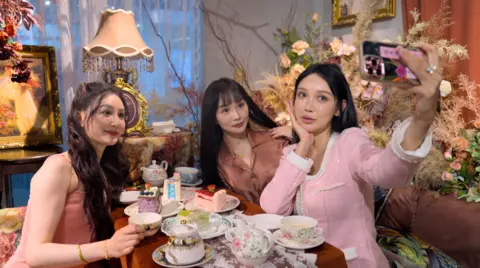
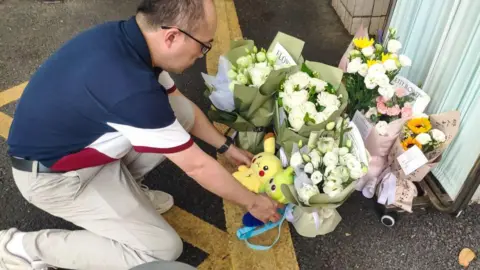
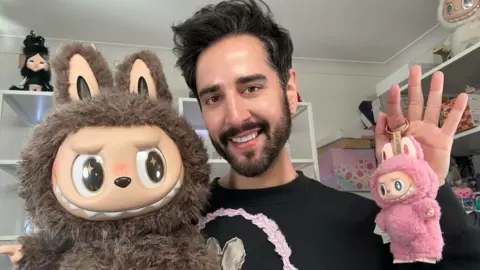
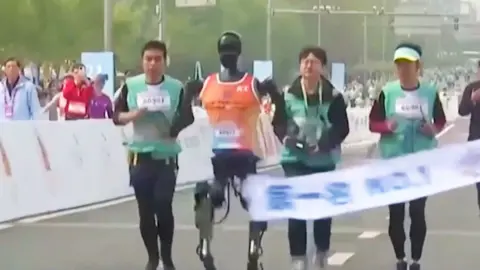
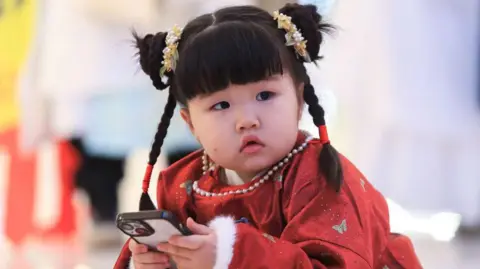


Post Comment